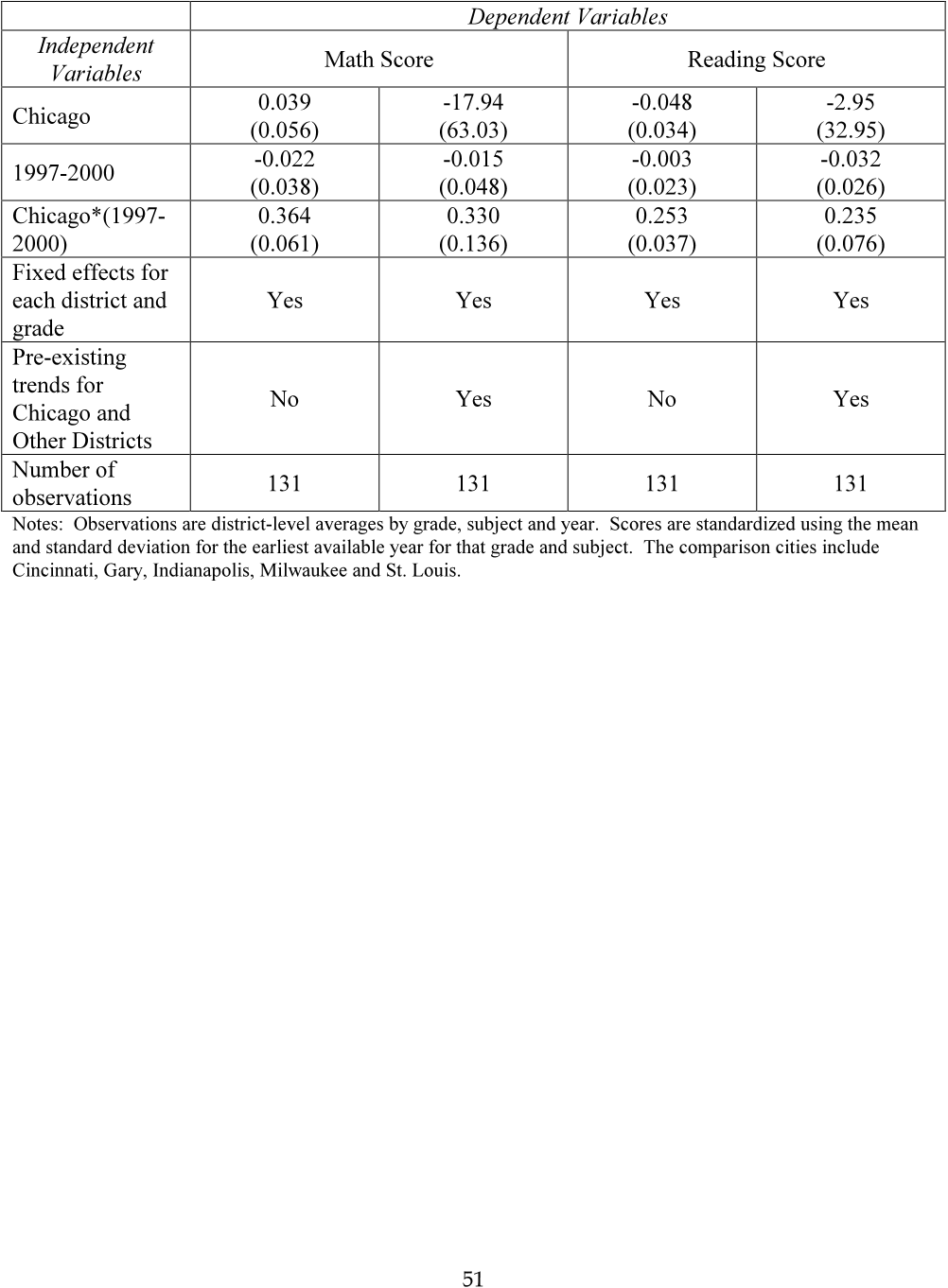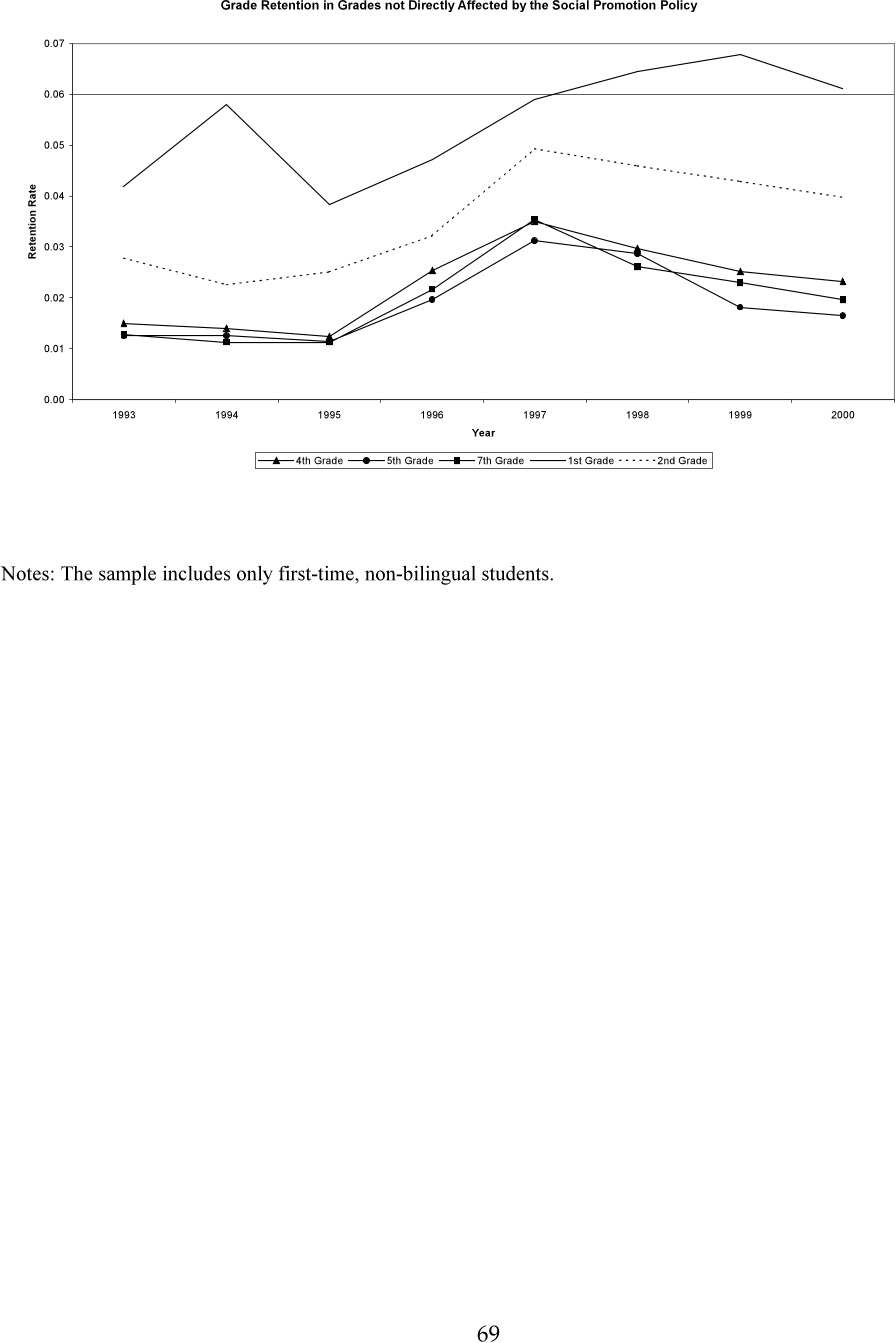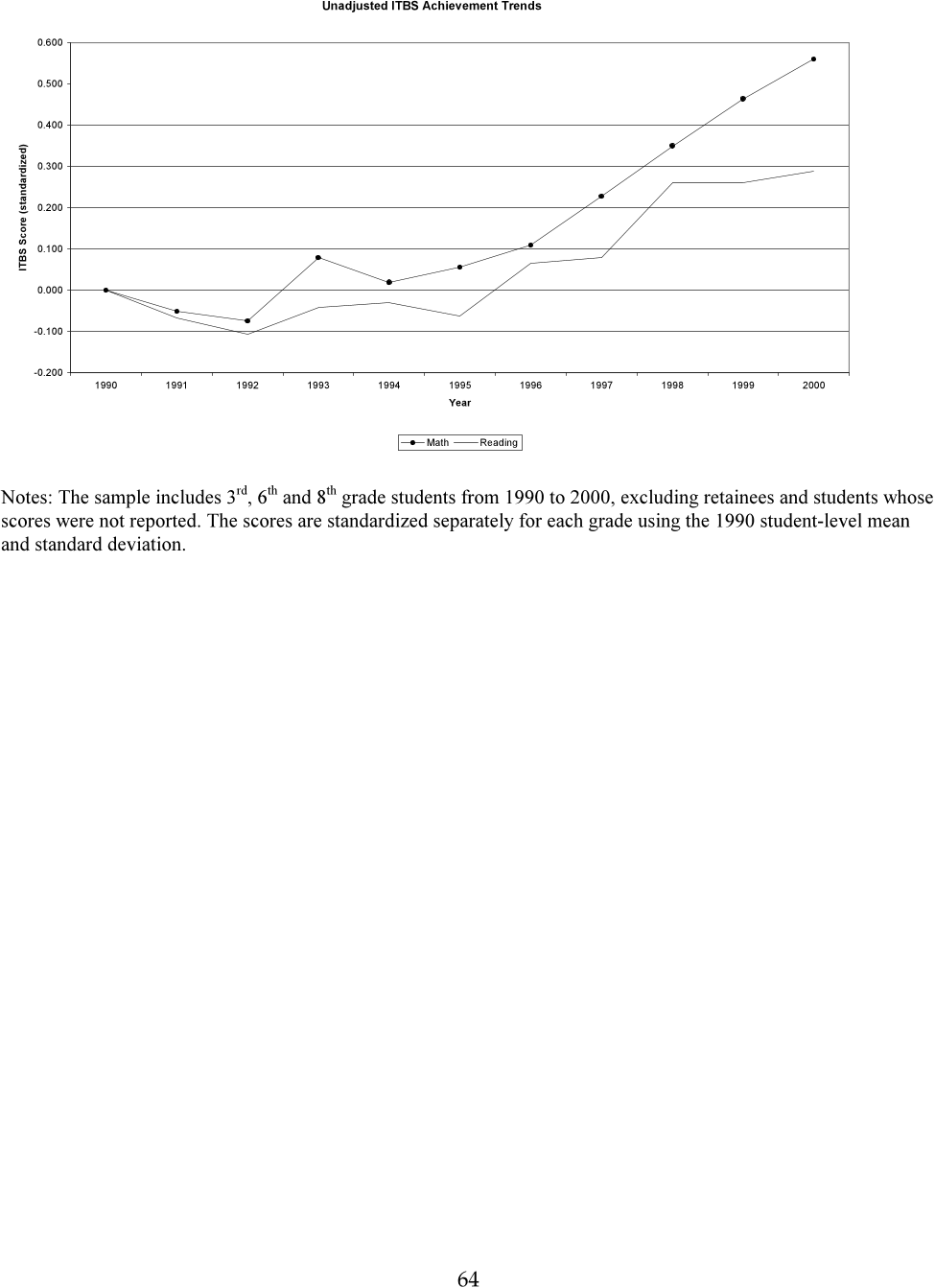Abstract: EDUCATORS’ EXPERIENCES LEARNING TO MEET ADAPTIVE CHALLENGES INVOLVING ENGLISH LEARNERS WITHIN THE LEARNINGORIENTED LEADERSHIP MODEL: A QUALITATIVE STUDY Sarah Elizabeth Benis Scheier-Dolberg Little is known about how engaging in the learning-oriented leadership model (Drago-Severson, 2004b, 2009, 2012a) can support educators to address the adaptive challenges they encounter in their day-to-day work teaching English learners. My qualitative study examined how 11 educators whose school leaders implement the learning-oriented leadership model described and understood the adaptive challenges they encountered teaching English learners; how they described and understood their experiences engaging in the pillar practices (i.e., teaming, assuming leadership roles, collegial inquiry, mentoring) of the learning-oriented leadership model; and in what ways, if any, these educators described and understood those experiences within the pillar practices as supportive to their efforts to meet their adaptive challenges. I conducted three one-hour interviews with each of 11 participants (teachers and specialists) from a public elementary school (n=7) and a public charter elementary school (n=4). I selected sites based on the school leader’s experience with and implementation of Drago-Severson’s learning-oriented leadership model and the number of educators who taught English learners. Data analysis included: 1) writing analytic memos, 2) transcribing interviews verbatim, 3) coding, 4) crafting profiles, 5) categorization, 6) within-case and cross-case analysis, and 7) creating matrices. I found that participants understood cultural proficiency, partnering with families, and English learner programming as adaptive challenges they encountered teaching English learners. Furthermore, all participants understood adaptive challenges involving English learners as opportunities for growth and development. The overwhelming majority of participants experienced the pillar practices as a holding environment for their growth and understood that building-level and district-level leaders played a pivotal role in creating an infrastructure for the pillar practices to support their growth. Key features of the holding environment participants described included: provision of information and access to expertise; time and space for reflective discussion and/or collaborative problem solving; and opportunities to pose questions, consider others’ perspectives, and offer alternative perspectives. Recommendations for principals, superintendents, and policymakers include: employing the pillar practices of the learning-oriented leadership model to support educators in their work with diverse learners, specifically English learners and providing financial and human resources to support educators and principals to gain expertise relating to English learners.





